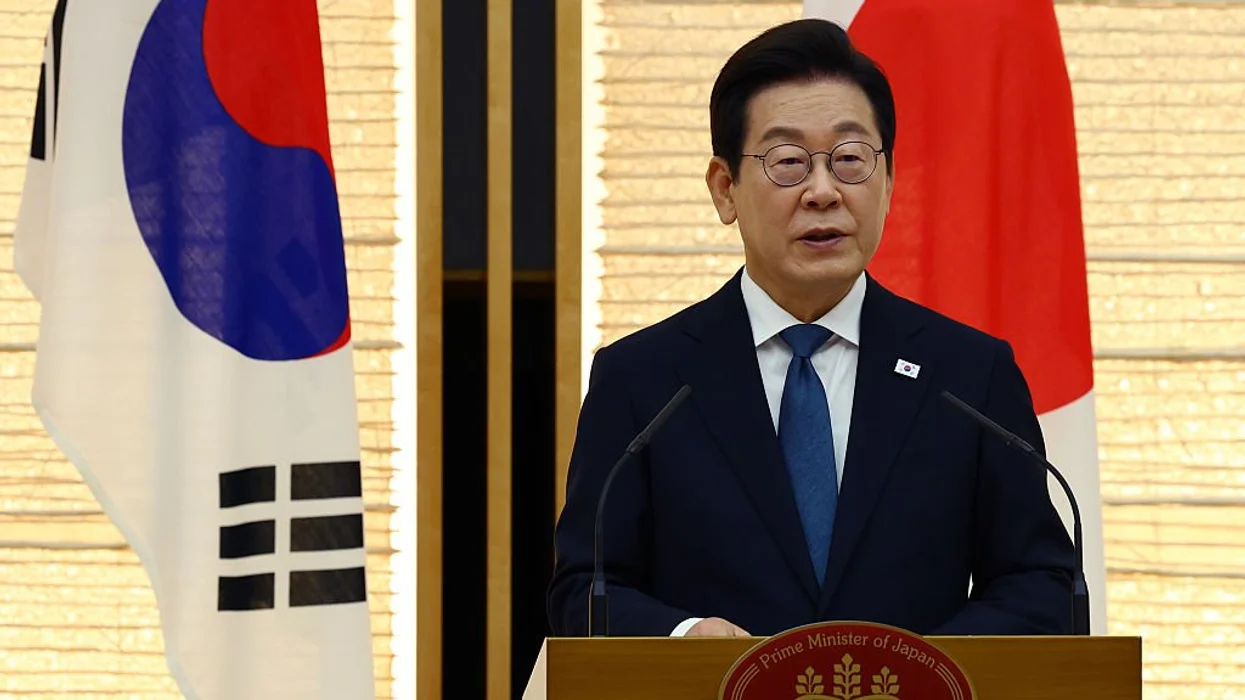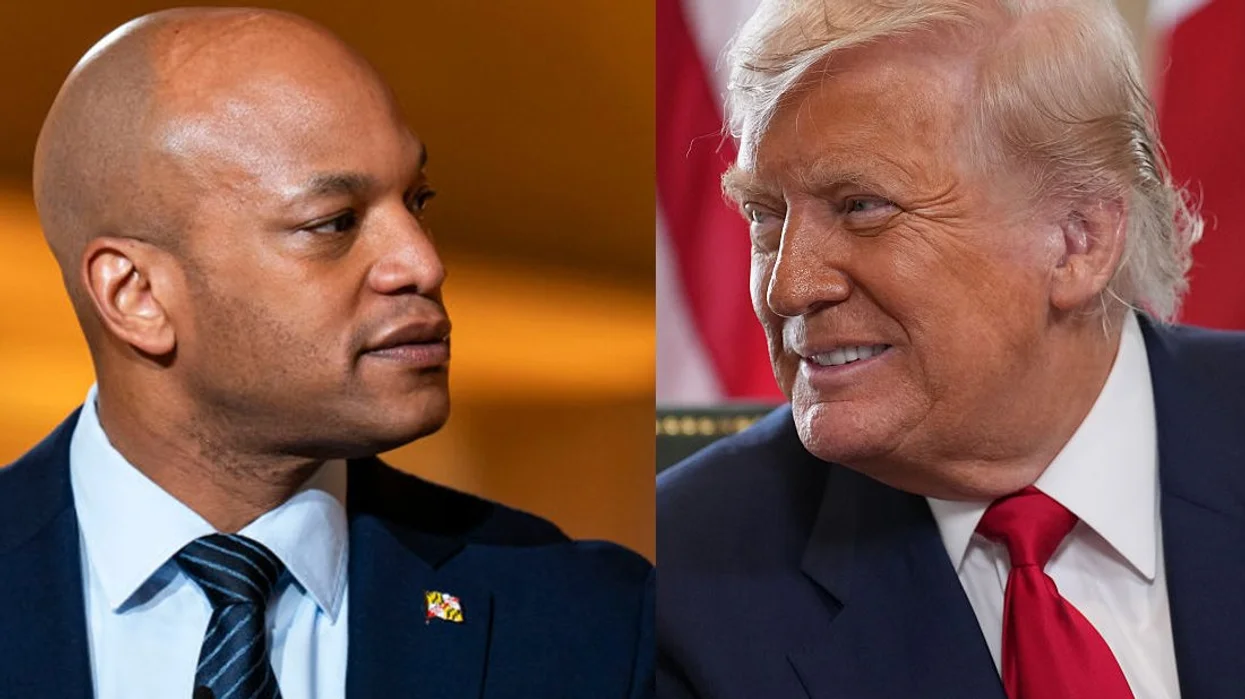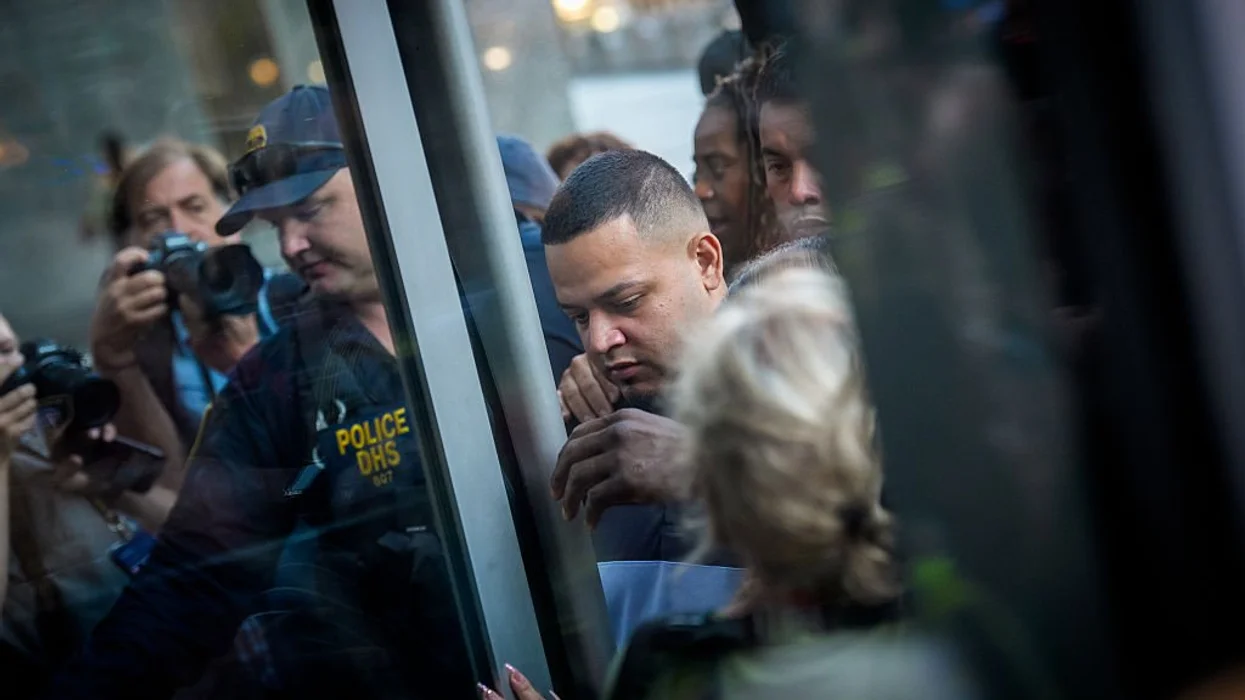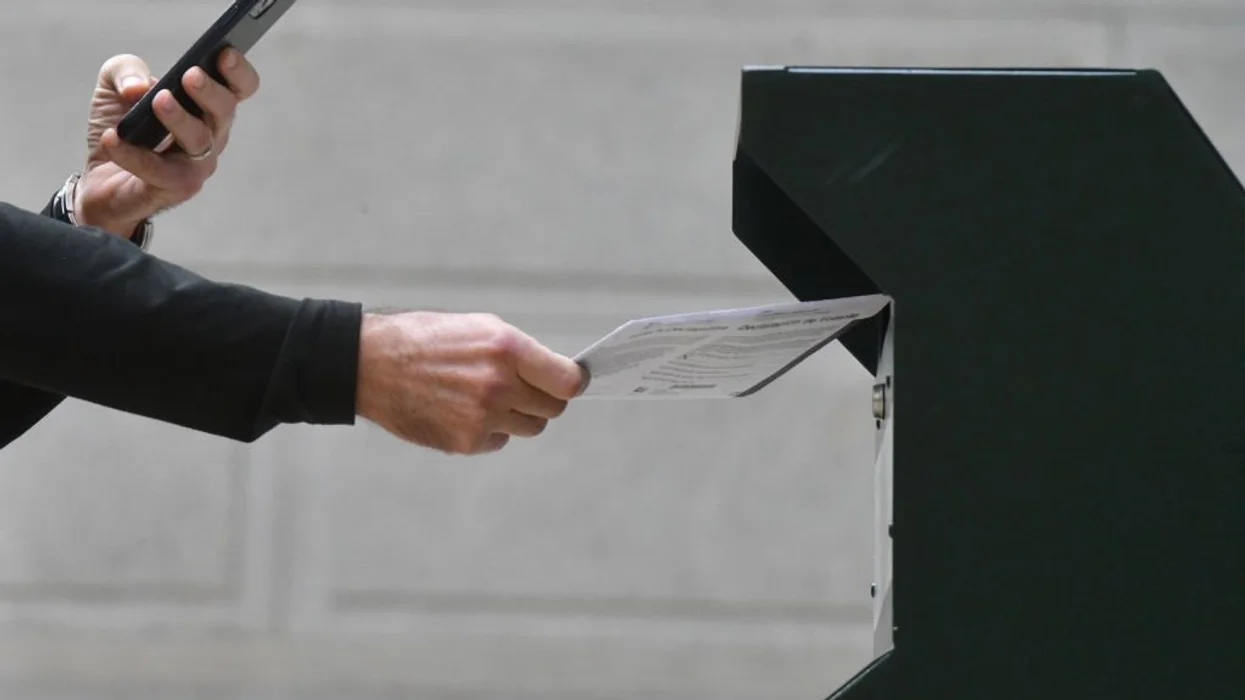
© 2025 Blaze Media LLC. All rights reserved.
In the last few months the Egyptian Revolution, a movement that was once touted as an indication of the rising tide of democratic liberalism in the Middle East, has come to screeching halt. The Western media, undeniably blinded by the optics of the revolution, has been left scratching its head and asking itself what went wrong. With our democratic sympathies, western onlookers tended to place too much importance on the popular appearance of the movement and the revolutionaries deployment of modern communication methods like Twitter and Facebook. While the use of social networking might be an interesting footnote in future accounts of Egypt’s currently arrested revolution, it is far from being enough to make radical change occur. The truth is that the Egyptian revolution hit a wall the moment the military took over.
A nation’s military is always going to be the most organized and disciplined faction at play in any national event. This fact is especially true in nations like Egypt that are essentially police states, where military might is the true source of the government’s authority. With this in mind, it should have come as no surprise that national control would fall to the military rather than any of the political factions within Egypt. Without significant sympathies within the military, liberal revolutions --and arguably all revolutions-- face insurmountable odds.
Historically, there are two successful liberal revolutions that prove instructive:
1. The French Revolution, to the extent that it was successful in overthrowing the monarchy and altering the nations trajectory toward enlightenment ideas, was only able to do so because it's military was highly sympathetic to the revolution. The French rank and file had been exposed to revolutionary politics and doctrine through fraternization with the civilian population, as soldiers were often housed in civilian homes. The officer corps of the French Army, conversely, was drawn from an aristocracy that had deep connection and stake in the existing regime. When the revolution began, this officer corps was forced to flee their posts into exile, or face beheading. Most chose exile, as thousands of officers emigrated to friendlier territories.
2. The American Revolution succeeded because it essentially ejected an occupying force loyal to a foreign entity. The force that fought and eventually supplanted the King's army was largely drawn from the civilian population, with a small corps of officers ideologically dedicated to the revolution.
The Egyptian military has been described as a closed society and there's nothing to suggest that that fact has changed since the fall of Mubarak. The Egyptian officers corps, similar to the officers in command of pre-revolutionary France, remains especially dedicated to the established order in Egypt. Barring a purge of the military's ranks, it seems unlikely that while in charge, it will agree to significant changes that would endanger the establishment.
This does not mean that liberal reforms are impossible. Certainly even military dictatorships can introduce reforms. What it does mean is that it is highly unlikely that the military ever shared the revolutionary fervor of the most radically liberal elements within Egyptian society, without which long-term reforms seem improbable.
Alas, the fact that increased interaction between civilians and the military is the key to pollinating the military rank and file with liberal ideas and thus fostering a successful liberal revolution leads to something of a chicken and egg problem, as increased political interaction between the civilian and military populations is itself a feature of liberalization.
With the situation seemingly stabilizing around the current military leadership, the influence of the Muslim Brotherhood, the highly organized and seasoned political organization, appears to be on the rise. The brotherhood seems to be drawing considerably more sympathy from the Egyptian military than the liberals. Through these sympathies, the Muslim Brotherhood is in a strong position to begin exerting greater control over Egyptian politics.
No matter how much the Egyptian liberals tap their fingers on their keyboards and tweet calls for protest, reality tells us that it's those with their fingers on the trigger that will continue to dominate Egyptian national politics. Until the liberals are able to garner considerable support within the military, Egypt will remain under the control of the military…or worse.
Nick Rizzuto is a GBTV producer. Follow him on Twitter: @Nick_Rizzuto
Want to leave a tip?
We answer to you. Help keep our content free of advertisers and big tech censorship by leaving a tip today.
Want to join the conversation?
Already a subscriber?
more stories
Sign up for the Blaze newsletter
By signing up, you agree to our Privacy Policy and Terms of Use, and agree to receive content that may sometimes include advertisements. You may opt out at any time.
Related Content
© 2025 Blaze Media LLC. All rights reserved.
Get the stories that matter most delivered directly to your inbox.
By signing up, you agree to our Privacy Policy and Terms of Use, and agree to receive content that may sometimes include advertisements. You may opt out at any time.





